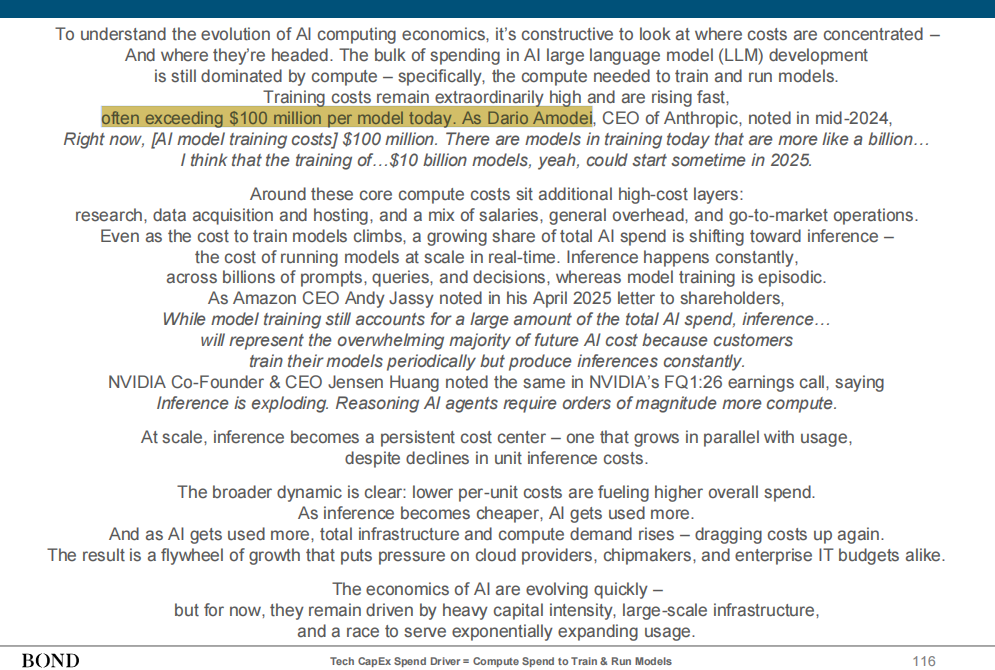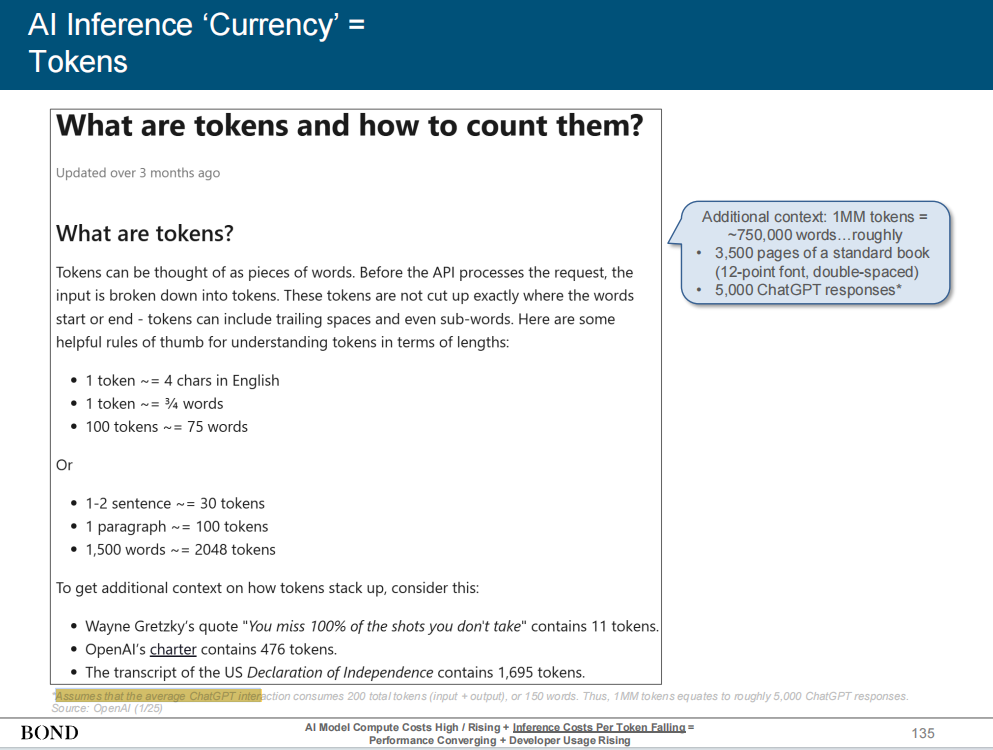AI Training Costs Soar While Inference Prices Plummet, Report Reveals
The latest AI trend analysis reveals a dramatic divergence in artificial intelligence economics, with model training costs reaching unprecedented heights while inference expenses plummet to record lows. This dual trend is reshaping the AI industry landscape and accelerating innovation.
Soaring Training Investments
Developing cutting-edge large language models has become one of history's most capital-intensive endeavors. Current training costs for top-tier models frequently exceed $100 million per iteration. Industry leaders predict even more staggering figures ahead - Anthropic CEO Dario Amodei forecasts $1 billion training runs becoming common, with some models potentially hitting the $10 billion mark by 2025.

The Inference Revolution
While training costs escalate, the expense of actually running AI models continues its steep decline. NVIDIA's data shows remarkable progress: their 2024 Blackwell GPUs require 105,000 times less energy per token than 2014's Kepler processors. Stanford HAI research confirms this trend, showing a 99.7% price drop for AI inference services over just two years.

This cost collapse has democratized AI experimentation. Developers can now test ideas with minimal financial risk, leading to explosive growth in applications. Meta's Llama model downloads surged 3.4 times in eight months as barriers to entry vanished.
The report notes another critical development: performance gaps between elite frontier models and smaller alternatives are narrowing rapidly. This convergence gives developers unprecedented flexibility in choosing solutions that balance capability with affordability.
Creative Explosion Underway
These economic shifts are triggering what analysts describe as an "innovation renaissance" in artificial intelligence. The combination of accessible inference and diverse model options enables rapid prototyping cycles previously unimaginable.
Traditional business models face disruption as well. AI providers must now compete on specialized value rather than simply offering raw computational power. The report suggests this could lead to more sustainable, service-oriented approaches in the industry.
Key Points
- Training costs for advanced AI models now routinely exceed $100 million, with billion-dollar projects imminent
- Inference costs have dropped 99.7% in two years due to hardware and software breakthroughs
- The accessibility revolution has increased Meta's Llama downloads by 340% in eight months
- Performance gaps between large and small models are narrowing significantly
- These changes are driving an unprecedented wave of AI innovation and product development